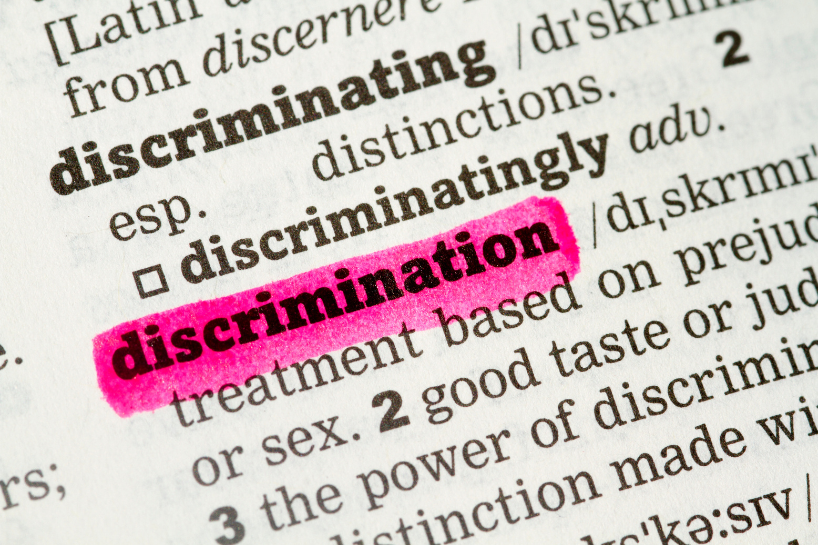A New Positive Duty
The Anti-Discrimination and Human Rights Legislation (Respect at Work) Act 2022 (Cth) (“Respect at Work Act“) introduced late last year amended the Sex Discrimination Act 1984 (Cth) (“Sex Discrimination Act“) to introduce a new positive obligation on employers to take “reasonable and proportionate” measures to eliminate unlawful sex discrimination, including sexual harassment, sex-based harassment, hostile working environments, and victimisation as far as possible.
In this way, the positive duty requires employers to prevent, rather than respond to, instances of unlawful sex discrimination affecting their workplaces.
Included within the duty is an obligation to prevent unlawful sex discrimination perpetrated by all workers, including contractors and volunteers. Employers must also prevent third parties like customers, clients and members of the public from perpetrating a majority of the conduct captured by the positive duty against the organisation’s workers.
The Guidelines
From 12 December 2023, the Australian Human Rights Commission (“AHRC“) will have the power to investigate an employer’s non-compliance with the positive duty, and enforcement powers to issue compliance notices and apply to a federal court to order compliance.
In August 2023, the AHRC published Guidelines spanning 112 pages to assist organisations in complying with the positive duty. The Guidelines are not legally binding, but they are authoritative in the sense that the AHRC and Courts may consider whether organisations have followed the Guidelines when assessing compliance with the positive duty. Employers are therefore expected to comply with the Guidelines.
The Guidelines set out 4 guiding principles that businesses ought to consider and apply when determining the reasonable and proportionate measures to be taken to comply with the duty:
- Consultation: Employers should talk to workers about what they need for a workplace to feel safe and respectful. This includes consultation about the existing risks and the effectiveness of strategies to mitigate these risks;
- Gender equality: All actions to comply with the positive duty should contribute to achieving gender equality. The Guidelines specify that this will involve taking action that goes beyond equal treatment of genders, to achieve equal outcomes;
- Intersectionality: Employers should recognise that different aspects of a person’s identity intersect with and affect other aspects. Taking an intersectional approach to a business’ compliance with the positive duty requires employers to identify and address these unique risk factors and intersecting disadvantages; and
- Person-centred and trauma-informed: Employers should ensure that any workplace systems, policies and practices required to comply with the positive duty prioritise and meet the actual needs and values of the business’ employees. Employers should genuinely consider employees’ views and the impact that decisions will have on employees when implementing measures to comply with the positive duty.
The Guidelines also establish 7 standards that must be reflected in the measures taken by a business in compliance with the positive duty:
- Leadership: Leaders must maintain an up-to-date understanding of the business’ obligations under the Sex Discrimination Act;
- Culture: Businesses must foster a culture that is safe, respectful and inclusive. The business’ culture should encourage workers to report unlawful conduct and promote accountability for perpetrators;
- Knowledge: Businesses should create and implement effective policies that promote respectful behaviour and inform all workers of the types of conduct that will constitute unlawful conduct. Businesses should provide training and education to workers on the acceptable standards of behaviour and the consequences for engaging in unlawful conduct;
- Risk Management: Businesses should recognise that unlawful conduct is a health and safety risk and should implement measures to manage the risk of unlawful conduct occurring. Such measures should be preventative, rather than reactive;
- Support: Businesses should inform all workers of the supports available to workers who experience or witness unlawful conduct in the workplace;
- Reporting and response: Businesses should implement appropriate options for workers to report incidents of unlawful conduct and should also establish a procedure for responding to any such reports. Responses to reports of unlawful conduct should be consistent, timely and minimise harm to the persons involved. Consequences for unlawful conduct should be applied consistently and should be proportionate to the conduct engaged in; and
- Monitoring, evaluation and transparency: Businesses should collect appropriate data on the nature and prevalence of unlawful conduct within their workplace and use this data to inform measures to eliminate, and respond to, unlawful conduct. Businesses should also prioritise transparency about reported incidents of unlawful conduct in their workplace and the actions taken in response.
What do you need to do?
With the AHRC’s investigative and enforcement powers due to take effect from 12 December 2023, the Guidelines provide a timely reminder for organisations to promptly introduce measures, such as undertaking a risk assessment, implementing new policies and procedures, and conducting training, to ensure their business is compliant with the positive duty.
The Guidelines provide over 60 pages of practical examples of measures that businesses can implement to achieve each Standard and comply with the positive duty. However, whether a measure is reasonable and proportionate will depend on the individual circumstances of each organisation and there is no “one size fits all” approach to compliance with the positive duty.
Get advice from our experienced Employment Law team at Hunt & Hunt Lawyers. We are able to assist you and your business with policy updates and training tailored to ensure compliance.






































































